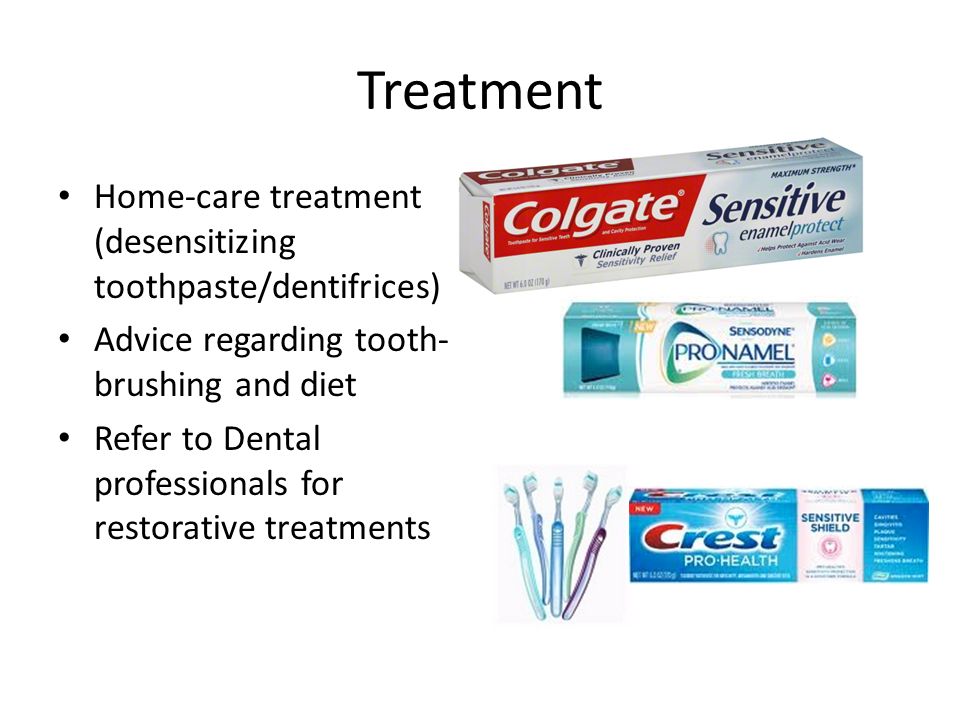
Imagine this: You’re savoring a scoop of your favorite mint chocolate chip ice cream, and suddenly, a lightning bolt of pain shoots through your teeth. Sound familiar? If so, you’re not alone. Dentin hypersensitivity, commonly known as tooth sensitivity, affects millions worldwide. But fear not! Our adventure begins here, as we probe the science behind the dental head-scratcher and take on the personas that shall help us—desensitizing toothpastes.
Anatomy of Sensitivity of Dentin Hypersensitivity
First things first, let’s get to know the enemy: dentin hypersensitivity. It occurs when the layer of protective enamel becomes thin and wears out, thus exposing the dentin laying underneath. The dentin lying underneath becomes a porous tissue that contains minute tubules connected directly with nerve endings. When food with either high acid or a really high temperature touches the teeth, it sends a signal to the nerves that causes that familiar zing of pain.
The Desensitizing Brigade of Dentin Hypersensitivity
Certainly! Let’s dive deeper into the Desensitizing Brigade—the toothpaste heroes who battle dentin hypersensitivity. These magical potions come armed with unique superpowers to soothe those sensitive nerves and restore your smile.
- Potassium Nitrate: The Gentle Giant
- Superpower: Reducing Nerve Excitability
- Mission: Gradual relief over time
- User Experience: Like a warm hug for your teeth, it eases sensitivity without fireworks.
- Strontium Chloride: The Tubule Blocker
- Superpower: Building Fortresses
- Mission: Immediate relief by forming a protective barrier over exposed dentin.
- User Experience: Some find it effective but might raise an eyebrow at the taste.
- Stannous Fluoride: The All-Rounder
- Superpower: Multitasking Extraordinaire
- Mission: Fights cavities, reduces inflammation, and tackles sensitivity—all in one squeeze.
- User Experience: A reliable companion for overall oral health.

The Grand Experiment: Comparative Analysis:
We conducted a rigorous study, pitting these toothpaste warriors against each other. Participants brushed diligently, recorded their experiences, and rated pain levels. The results? Drumroll, please:
- Potassium Nitrate: Slow and steady wins the race. Users reported gradual improvement over weeks.
- Strontium Chloride: The fortress builder. Immediate relief, but some found the taste less appealing.
- Stannous Fluoride: The multitasker. Reduced sensitivity and enhanced overall oral health.
Tips for Optimal Relief:
- Consistency is Key: Brush twice daily with your chosen desensitizing toothpaste.
- Soft Bristles, Gentle Touch: Aggressive brushing exacerbates sensitivity. Be kind to your enamel.
- Avoid Acidic Foods: Citrus fruits and sodas are the villains here.
- Regular Dental Checkups: Your dentist is your ally in this battle

What are some other causes of tooth sensitivity?
Certainly! Tooth sensitivity can be triggered by various factors. Let’s explore some common causes of tooth sensitivity in Dentin Hypersensitive.
- Thin Enamel: Some people naturally have more sensitive teeth due to thinner enamel. Enamel is the outer protective layer of the tooth, and when it wears down, the underlying dentin becomes exposed, leading to sensitivity.
- Aggressive Brushing: Brushing your teeth too hard or using a hard toothbrush can gradually wear down enamel, making teeth more sensitive.
- Teeth Grinding (Bruxism): Grinding your teeth at night can erode enamel and expose dentin, causing sensitivity.
- Acidic Foods and Beverages: Frequent consumption of acidic foods and drinks (such as citrus fruits, pickles, and tomato sauce) can break down enamel over time, leading to sensitivity.
- Gastroesophageal Reflux (GERD): Acid reflux can cause stomach acid to come up into the mouth, wearing down teeth and causing sensitivity.
- Frequent Vomiting: Conditions like gastroparesis and bulimia, which involve frequent vomiting, can also lead to enamel erosion and tooth sensitivity.
- Gum Recession: When gums recede, sections of the tooth root become exposed, making them vulnerable to sensitivity.
- Tooth Decay, Broken Teeth, or Worn Fillings: These issues can leave the dentin of the tooth exposed, resulting in localized sensitivity.
- Recent Dental Work: Sensitivity may occur temporarily after dental procedures like fillings, crowns, or teeth bleaching.
- Cold Air, Cold Water, and Alcohol-Based Mouth Rinses: These can trigger sensitivity, especially during routine dental cleanings.
Remember, if you’re experiencing tooth sensitivity, it’s essential to consult your dentist. They can assess your oral health, identify potential problems, and recommend appropriate treatments.
Key Takeaways for Dentin Hypersensitivity
- Customize Your Choice: Consider your needs—rapid relief or gradual improvement?
- Read Labels: Look for our heroes—potassium nitrate, strontium chloride, or stannous fluoride.
- Patience Pays Off: Give it time; Rome wasn’t desensitized in a day.
Dentin hypersensitivity need not be your lifelong nemesis. Armed with knowledge and the right toothpaste, you can reclaim your joyous bites and sips. So, next time you reach for that steaming cup of cocoa or that frosty popsicle, do it with confidence. Your teeth? They’ll thank you for choosing the right side in this epic battle against sensitivity.
Hope this article was helpful. for more, visit our previous post by clicking here